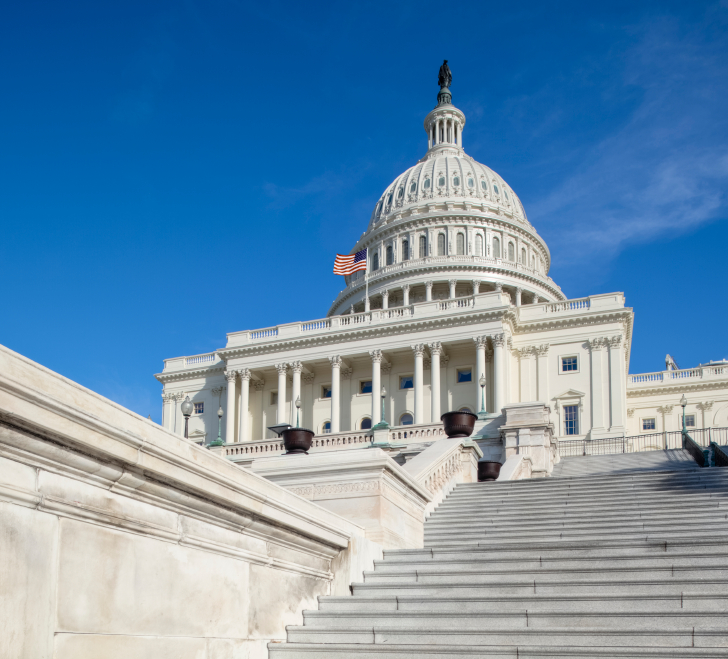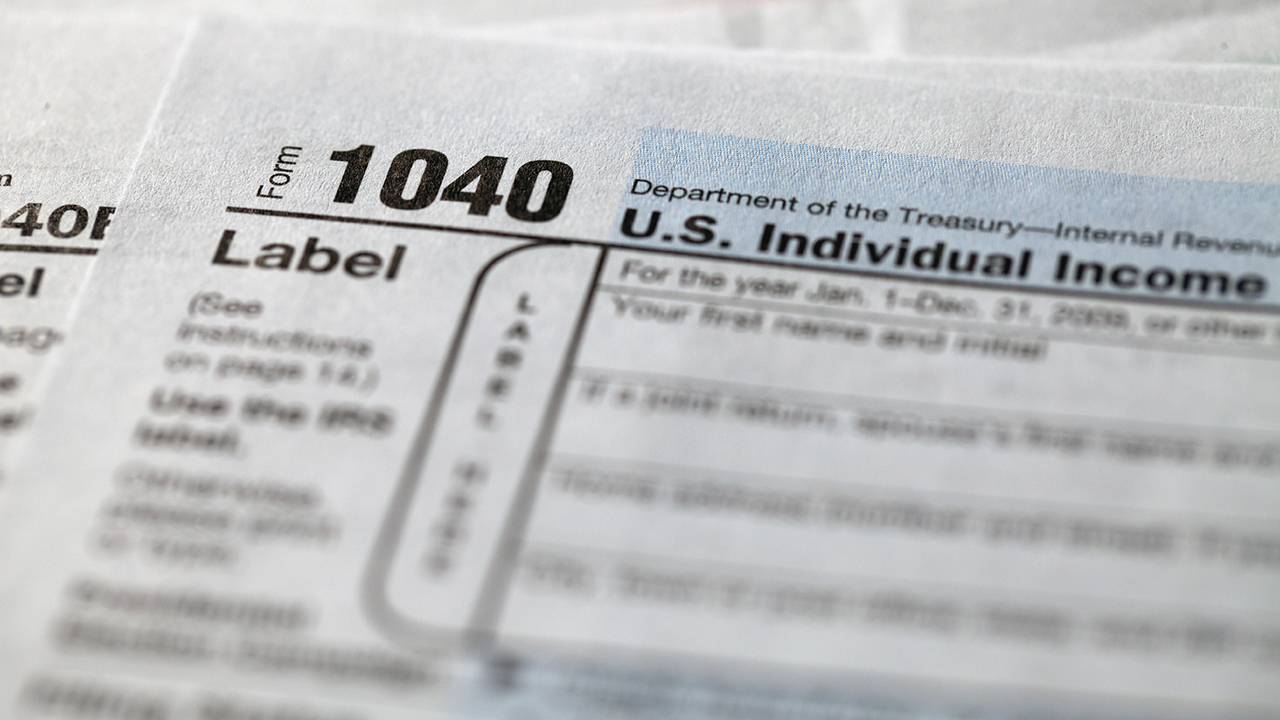Abortion rights, women of color, and LGBTQIA+ people are under attack. Pledge to join us in fighting for gender justice.
COVID-19 Shows Us That Our Tax Policies Need to Change


H.R. 6201, the Families First Coronavirus Response Act, is a critical first step towards meeting some immediate needs of people whose health, well-being, and livelihoods are threatened by the COVID-19 pandemic. This legislation will provide paid sick days immediately for many workers; provide additional paid leave for people who need more time away from work to care for themselves or family members as a result of the COVID-19 crisis; give states more tools to provide relief to unemployment workers and invest in public health; and boost funding for nutrition assistance, Medicaid and more to both help families cope and mitigate the economic ripple effects of this public health crisis.
While the policies contained in H.R. 6201 lay important groundwork, we need a comprehensive and robust response to counter the cascading economic effects of COVID-19—and the response must focus on meeting the needs of people who were one paycheck away from financial disaster even before the spread of COVID-19. The reasons that women face economic insecurity throughout their lives—lower wages, overrepresentation in poorly paid jobs like restaurant work, retail work, and care work that don’t provide benefits like sick leave, greater likelihood of raising children on their own, greater caregiving responsibilities—are the very reasons they are staring at economic disaster right now. That’s why Congress can’t stop after passing H.R. 6201.
For example, the next package of supports must include:
- expansion of paid sick days and emergency leave to everyone who needs these protections (including the people working for larger employers who are excluded under H.R. 6201);
- investments in child care and Head Start programs so that they can weather this growing public health and economic crisis (and prevent family child care and community-based child care programs from disappearing);
- housing supports so that people facing domestic violence are not trapped with abusive partners and that families facing COVID-19-related job loss don’t also lose their homes—and protections for the homeless;
- expansive and robust unemployment protections;
- funding to ensure comprehensive health care, including reproductive health care, for struggling workers, the incarcerated, and individuals detained through the immigration system; and
- income supports, especially for people who aren’t working or who are not eligible for unemployment insurance when they lose their jobs.
This list is not exhaustive, and that is because the need is vast. For decades, critically important public programs have been starved of funding, and efforts to ensure that women have adequate income, health care, worker protections, support for caregivers, and nutrition and housing assistance have been met with relentless resistance. So the response to the ensuing havoc caused by COVID-19 must be significant, comprehensive, and lay the groundwork for forward-looking systemic improvements.
If past is prologue, we won’t be surprised to hear Republicans in Congress criticizing the “cost” of the next COVID-19 response package as it is being developed. First and foremost, the cost of an inadequate fiscal response—to people facing desperate financial straits across the country and to our economy as a whole—is immeasurably greater.
But it bears repeating that part of the reason that our efforts to stave off the economic impacts of COVID-19 must be so robust and comprehensive is that, for decades, revenues have been diverted from public investments in shared priorities like economic infrastructure, public benefits programs, and social insurance systems to provide tax cuts for the wealthy and big corporations. We could really use the 2 trillion dollars in revenue that the 2017 Trump tax cuts are projected to lose right about now, couldn’t we? One of the policy solutions that President Trump keeps pushing, a payroll tax cut, stubbornly treads the same failed path that points towards COVID-19’s devastation: the majority of its benefits will go to the top 20 percent and it would divert revenue from Social Security and Medicare. We can’t afford to double down on ineffective and inequitable tax policy that benefits the wealthy, would provide too little benefit too slowly for too few low- and moderate-income families, and on top of that, threatens to undermine foundational programs that provide the basics for women and families.
We need to turn in a new direction to avoid the path that worsens the current crisis (or leads straight to the next one). That means that we need structural change, which includes harnessing the power of the tax code to advance equity, support our shared priorities, and foster an economy that works for all of us.





